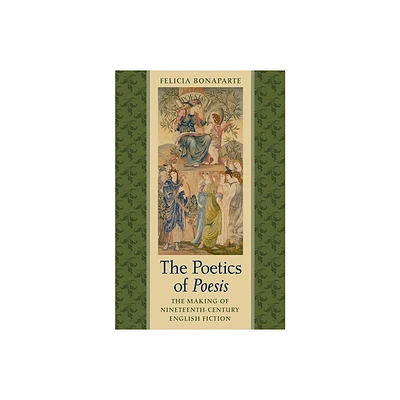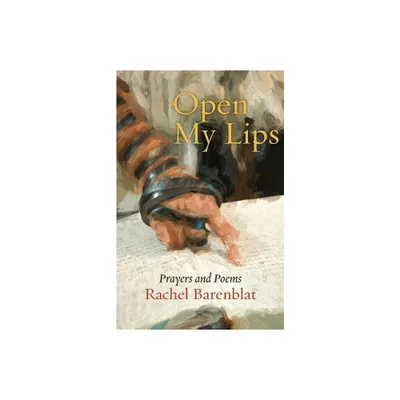Home
Social Poesis: The Poetry of Rachel Zolf
Loading Inventory...
Barnes and Noble
Social Poesis: The Poetry of Rachel Zolf
Current price: $18.99


Barnes and Noble
Social Poesis: The Poetry of Rachel Zolf
Current price: $18.99
Loading Inventory...
Size: Paperback
*Product Information may vary - to confirm product availability, pricing, and additional information please contact Barnes and Noble
Social Poesis
introduces readers to the work of one of Canada's most exciting and challenging poets. Through selections from across Rachel Zolf's poetic oeuvre, this book foregrounds the philosophical, ethical, and political questions that inform Zolf's poetry. Selections range from early poems in which Zolf explores transhistorical trauma and queer subjectivity to more recent writings that examine militarism, settler colonialism, and other forms of state-sanctioned violence. Zolf's poetry enacts what she calls a "social poesis"; she is attuned to questions of ethical responsibility and the role, and limitations, of poetry as a tool for ethical thinking, political engagement, accountability, and bearing witness.
Heather Milne's introduction examines Zolf's compositional strategies, tracing the evolution of Zolf's writing from an autobiographical poetics, in which Zolf as subject/speaker is locatable, toward a poetics that moves beyond the self to address political and ethical relations among subjects of geopolitics and settler colonialism. In her afterword, Zolf focuses on her most recent work, in which poems are composed almost entirely from archival sources and enact a kind of collective assemblage of enunciation.
introduces readers to the work of one of Canada's most exciting and challenging poets. Through selections from across Rachel Zolf's poetic oeuvre, this book foregrounds the philosophical, ethical, and political questions that inform Zolf's poetry. Selections range from early poems in which Zolf explores transhistorical trauma and queer subjectivity to more recent writings that examine militarism, settler colonialism, and other forms of state-sanctioned violence. Zolf's poetry enacts what she calls a "social poesis"; she is attuned to questions of ethical responsibility and the role, and limitations, of poetry as a tool for ethical thinking, political engagement, accountability, and bearing witness.
Heather Milne's introduction examines Zolf's compositional strategies, tracing the evolution of Zolf's writing from an autobiographical poetics, in which Zolf as subject/speaker is locatable, toward a poetics that moves beyond the self to address political and ethical relations among subjects of geopolitics and settler colonialism. In her afterword, Zolf focuses on her most recent work, in which poems are composed almost entirely from archival sources and enact a kind of collective assemblage of enunciation.


















